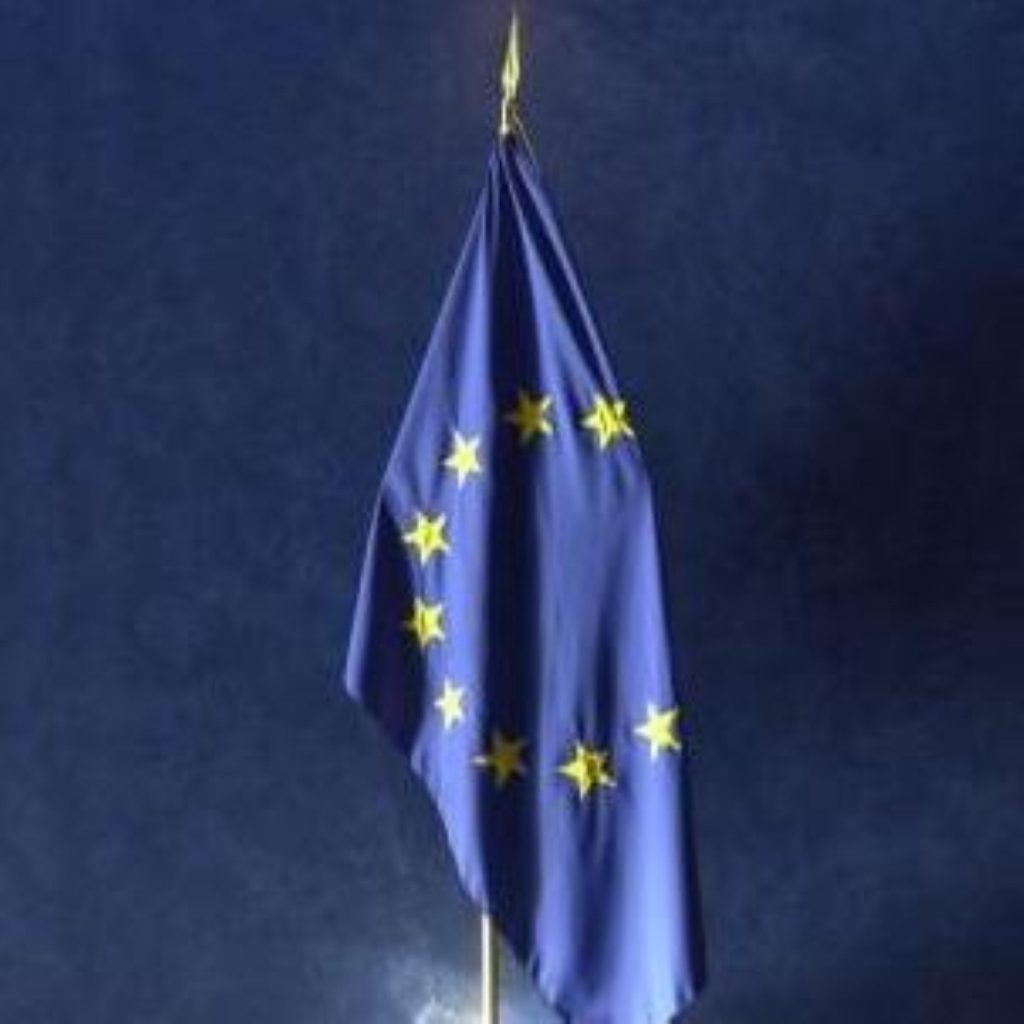Germany threatens to wreck Lisbon treaty
By Jonathan Moore
British Eurosceptics are looking to Germany’s highest court for an opportunity to scupper the Lisbon Treaty today, with judges hearing a case on the constitutionality of the project.
Should the Federal Constitutional Court rule it unconstitutional, it may provide a roadblock too large for the controversial treaty to overcome.
John McGuirk, communications director of Libertas, told politics.co.uk: “It would be the death of the Lisbon treaty, but three countries have already said ‘no’ so there’s no telling what they’ll do.”


He said it was a significant case as the German court has been critical of the workings of the EU and they hoped the court would rule against the government.
“It would put a spanner in the works,” Gawain Towler, the UK Independence party’s (UKIP) Brussels spokesman, told politics.co.uk.
“One would say it’s hard to see it continue but so far votes haven’t stopped them so why would a court stop them?
“I can’t imagine the EU institution would let it lie. They would find a way.
“Theoretically it should scupper the whole affair but I can’t see them accepting that. Pressure would be brought to bear some way or another.”
German chancellor, Angela Merkel, a vociferous supporter of the treaty, appears to be taking the challenge very seriously, sending both her vice-chancellor and interior minister to court to argue the government’s case today.
The treaty has been approved by Germany’s parliament and signed by the president, but will not be ratified until a decision is made on this case, which may take two or three months.
The complaint, lodged by conservative politician Peter Gauweiler and a group from the left-wing Die Linke party, will be heard over two days, which is itself an extremely rare step.
They argue the treaty undermines the German parliament by questioning the principle of democracy, a cornerstone of the constitution.
In written evidence submitted to the court, Mr Gauweiler gave a hypothetical example of a problem case.
“The environment minister fails in the German parliament to have light bulbs banned in Germany as they are harmful to the environment,” wrote Mr Gauweiler.
“Next, he brings the initiative to the European Council where it is supported by ministers from other countries and becomes a European Commission directive.”
He said that under the treaty this would then have to be incorporated into German law despite being rejected by the German parliament.
The treaty must be ratified by all 27 EU member-states to come into force but has been bogged down in Poland, Ireland, the Czech Republic and now Germany.
Ireland will hold a second referendum later this year, the first ending in a 53-47 percent ‘no’ vote, after concessions were made on issues of special concern to Ireland.
The Polish president has said he will not sign without an Irish ‘yes’ vote, while the Czech president has said he will delay signing the treaty for as long as possible.
The treaty has caused enormous controversy in Britain, with many seeing it as a European constitution in all-but name.
The government promised a referendum on the EU Constitution as part of their manifesto for the 2005 election.
Their decision to refuse to hold a referendum on the treaty – claiming it is fundamentally different from the proposed constitution – caused outrage among some who saw it as an attempt to dodge a vote they might lose.

